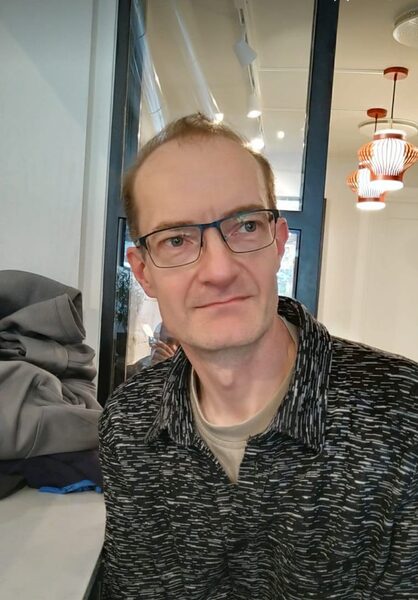Seminar "Consequences of Climate-induced Range Shifts for Shared Fish Stocks" by Prof. Mikko Heino

Description
Speaker: Prof. Mikko Heino
Title: Consequences of Climate-induced Range Shifts for Shared Fish Stocks
Affiliation: Department of Biological Sciences, University of Bergen, Norway
Hosted by Dieckmann Unit
Venue: L4E48
*Zoom is available: https://oist.zoom.us/j/99304319955?pwd=uNjPp0E5aaN8jqpVgkIYRwrIz51fC0.1
Abstract:
Agreements to jointly manage transboundary fisheries are notoriously difficult to reach, and, once in place, may collapse if the circumstances change. Here we ask, how durable are transboundary stock-sharing agreements – designed without considering climate change – when faced with climate-induced range shifts? We develop a dynamic game model in which a non-adaptive, cooperative sharing agreement is formed between two countries sharing a single stock under the assumption of no climate-induced shifts. We then use the model to evaluate countries' incentives to stick to the original agreement as climate-induced shifts start to materialize. When range shifts are very slow, there is little change to the status quo, and we find that transboundary agreements are likely to be sustained. But as the pace of range shifts quickens, the country losing the stock has a strong incentive to break the agreement; this “defection” can cause significant overfishing and loss of aggregate value of the fishery. One possible way to facilitate cooperation is through side payments. We find that side payments increase the willingness of the stock-losing country to co-operate but have the opposite effect on the stock-gaining country. Applying our model to 126 transboundary marine species with climate-induced shifts predicted under the RCP 8.5 emissions scenario by Gaines et al. (Science Advances, 2018), we find that most species (~60%) have anticipated range shifts that are sufficiently slow for sharing agreements to have considerable longevity, but that a small proportion of the species are in danger of collapsed cooperation and a prolonged period of overfishing.
Biosketch:
Mikko Heino is an evolutionary ecologist interested in how organisms adapt to their environments as well as how humans interact with ecological systems. He is using theoretical, statistical, and experimental approaches. He obtained his PhD from the University of Helsinki, Finland, in 1998, and has worked at the Institute of Marine Research, Norway, the International Institute for Applied Systems Analysis (IIASA), Austria, and the National Taiwan University, Taiwan. He is currently a professor at the University of Bergen, Norway, and a visiting researcher at OIST.
Add Event to My Calendar
Subscribe to the OIST Calendar
See OIST events in your calendar app





